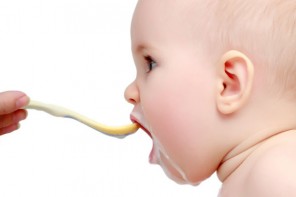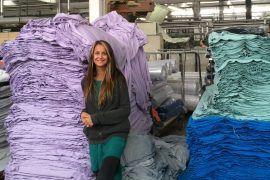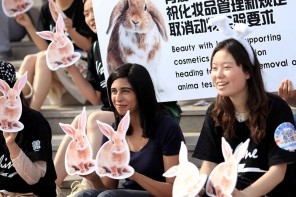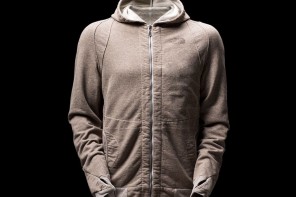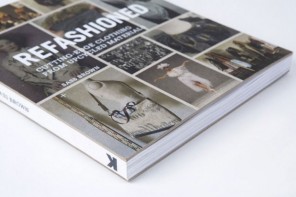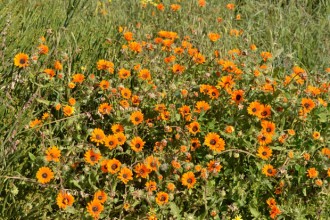While Woolworths have a reputation of high quality and good ethics, what are they actually doing to ensure a responsible supply chain?
The Good Business Journey (GBJ) was created to formalise Woolworths’ environmental and social standards as well as improve public understanding. Now in its first target year – having reached hundreds of different goals across many areas of sustainability over the last five years– this unique programme is making new plans for the next eight years.
‘We now want to look at our influence over suppliers as well as what the customer can do to help,’ says Justin Smith, manager of the Good Business Journey. ‘We are aiming for every product on Woolworths’ shelves to have at least one sustainable aspect by 2020!’
It seems Woolworths are determined to continue bettering their efforts in regards to sound ethics, with a shift to more current concerns. Here we look at some key aspects of the Good Business Journey:
FOOD
Sustainable farming is a big part of the GBJ with a whopping 95% of Woolworths’ goods sourced locally (although some out of season products are imported due to high demand). Their ‘Farming for the Future’ initiative has proved viable for those conventional farmers wanting to shift to a more natural approach – while focusing largely on biodiversity, soil health is preserved, less chemicals are used and water is better managed.
FASHION
Due to current worldwide high prices, Woolworths have been forced to cut down on their organic cotton clothing range – but their recent involvement with movement BCI (Better Cotton Initiative) spells exciting things for the future. In terms of sustainable fashion, they are also looking into using more recycled polyester and fabric from ethically sourced bamboo. Bearing in mind that corrupt practises are common in the clothing industry, Woolworths take care to audit their suppliers using a strict code on conduct.
PACKAGING
In order to ‘close the loop’, much of Woolworths’ packaging is made up of recycled content – but this does not stop some customers from complaining! Although packaging is a good place to start in terms of minimising our impact, it is important that consumers learn more about responsible purchasing and food management.
‘Less packaging simply means more food waste,’ explains Justin. ‘Ironically, in most cases, the carbon impact of the product is far greater than its packaging!’
OTHER EFFORTS
Next time you are at a Woolworths café enjoy a cup of their coffee – thanks to a partnership with Fairtrade Label a part of the profit will go towards community development in rural parts of the world. Other efforts include an Earth Friendly house cleaning product range (currently in the transition phase) plus, did you know that all Woolworths hangers and shopping trolleys are created from recycled plastic?
CUSTOMER RESPONSIBILITY
While those that shop at Woolworths’ may have high standards that compare to Europe, it seems South African consumers still have a long way to go. Research shows that although we are in support of local enterprise and are well informed about animal rights, we are yet to understand the importance of our water footprint and are still not reusing our shopping bags! A fact to remember is that certain products (e.g. clothing) have the highest environmental impact once it has left the shop.
WHAT NEXT?
‘Because it is such a broad programme, informing the customer about the Good Business Journey has proved a challenge,’ says Justin Smith.
In regards to the future of the GBJ, Woolworths’ plan to implement a new strategy in order to raise public awareness – by focusing on one issue over a prolonged period of time. Look out soon for their first in the programme, which will be around the topic of ‘sustainable fishing’.
Find out more about the Good Business Journey by clicking here.


